Keywords: Meanwhile
There are more than 200 results, only the first 200 are displayed here.
-

AUSTRALIA
- Andrew Hamilton
- 22 October 2020
11 Comments
In the choppy waters of public conversation, rulers have recently attracted much attention as they have bobbed along on its surface. This is not unusual, but in these months the attention has been more frenetic and perhaps harder to read. Whether it be Trump, Johnson, Andrews, Ardern, Berejiklian or Pope Francis, there have been unusual eddies about them that merit reflection.
READ MORE 
-

ECONOMICS
- David James
- 20 October 2020
3 Comments
The global economy was already teetering on the edge of such a debt crisis before the coronavirus hit. The economic shutdowns have accelerated the damage.
READ MORE 
-
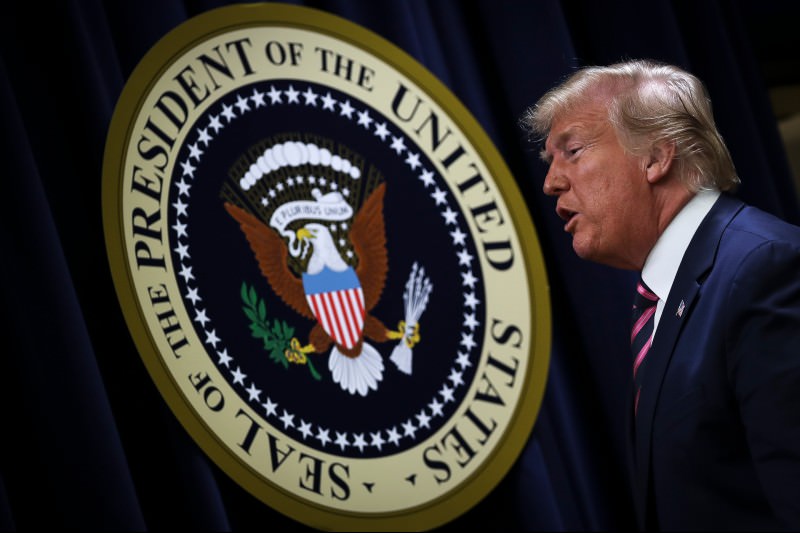
INTERNATIONAL
- Cristy Clark
- 01 October 2020
5 Comments
It’s tempting at this point to blame 2020 for the almost comically bad situation we are facing right. But here’s the thing: this isn’t bad luck or even some kind of testament to the power of numerology. This dire situation was entirely predictable and even, sadly, entirely preventable. We walked right into it — or, at least, we allowed ourselves to be led here.
READ MORE 
-
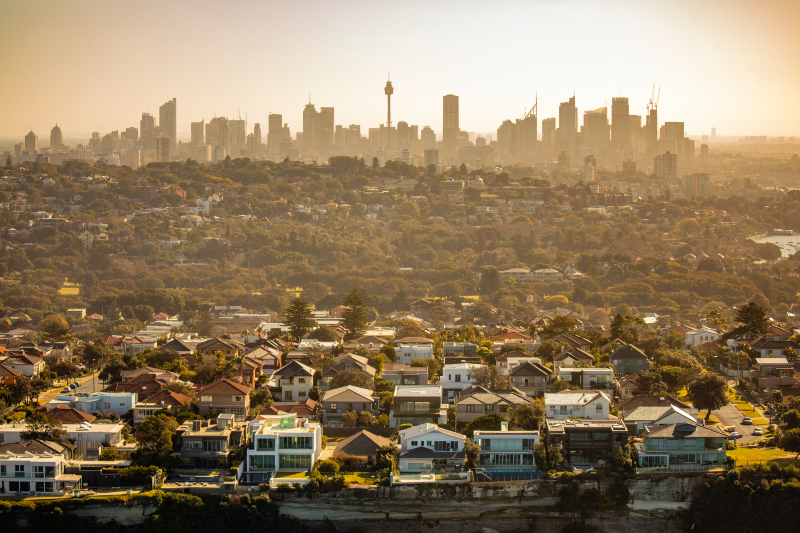
ECONOMICS
- David James
- 17 September 2020
5 Comments
The issue of class, economic inequality, has for some time been conspicuously absent in contemporary political debate. In the wake of COVID-19, which will greatly exacerbate income and wealth disparities, such inattention must be addressed.
READ MORE 
-
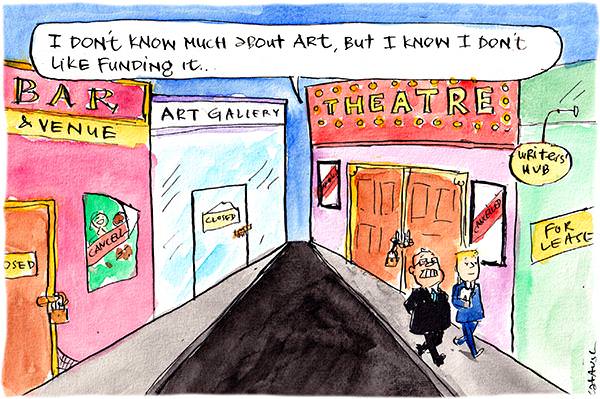
ARTS AND CULTURE
- Julie Perrin
- 18 August 2020
31 Comments
The capacity to story our experience is a powerful tool for reflection and understanding. As adults we learn that no story is pure and we are capable of telling ourselves spin, but the shaping of experience into story is the bread and butter of our lives. Narrative, it has been said, is a primary act of mind.
READ MORE 
-
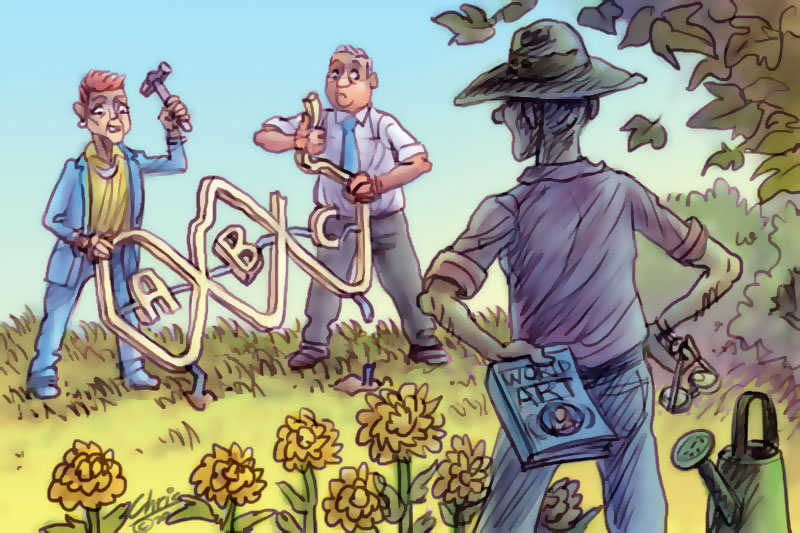
ARTS AND CULTURE
- Brian Matthews
- 04 August 2020
19 Comments
Our neighbor Sam is in his mid-seventies. He takes things quietly, enjoys a chat where our two gardens converge at a corner of the lambing paddock that unfolds beyond our shared wire fence and, regularly in summer, Sam is partial to a few cooling drinks.
READ MORE 
-
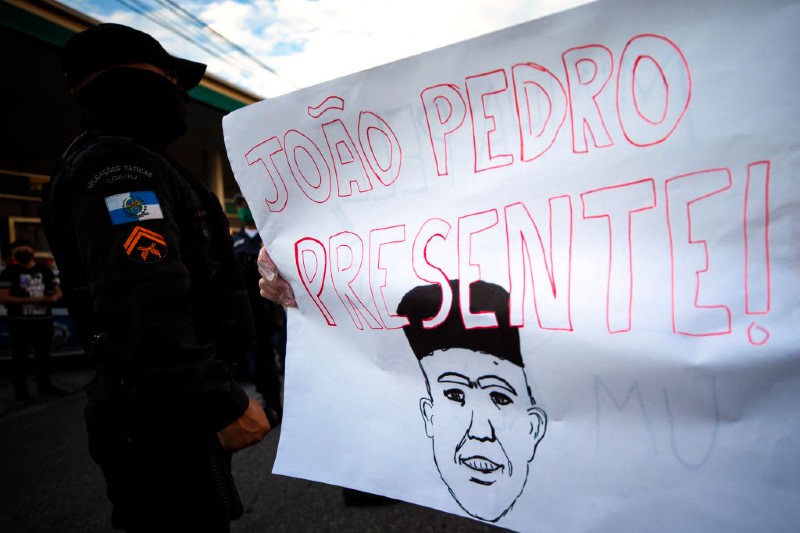
INTERNATIONAL
While the streets of America burn in the wake of George Floyd’s public lynching, a lesser known tragedy is playing out in Brazil. As COVID-19 ravishes the South American behemoth, home to the second largest number of infections worldwide, police and military forces continue spilling the blood of Black youths.
READ MORE 
-
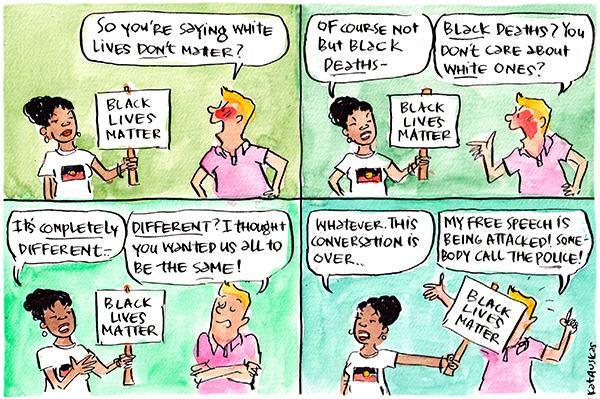
CARTOON
- Fiona Katauskas
- 09 June 2020
2 Comments
READ MORE 
-
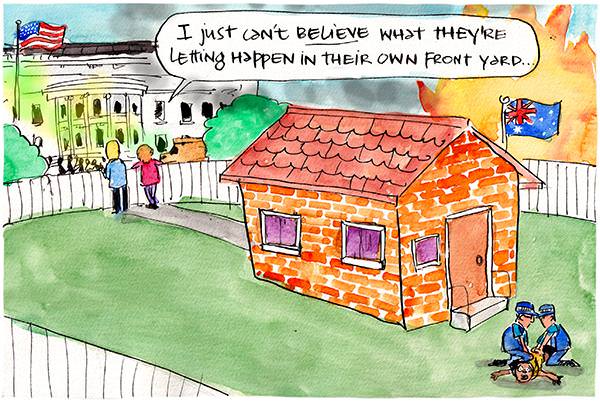
CARTOON
- Fiona Katauskas
- 02 June 2020
READ MORE 
-
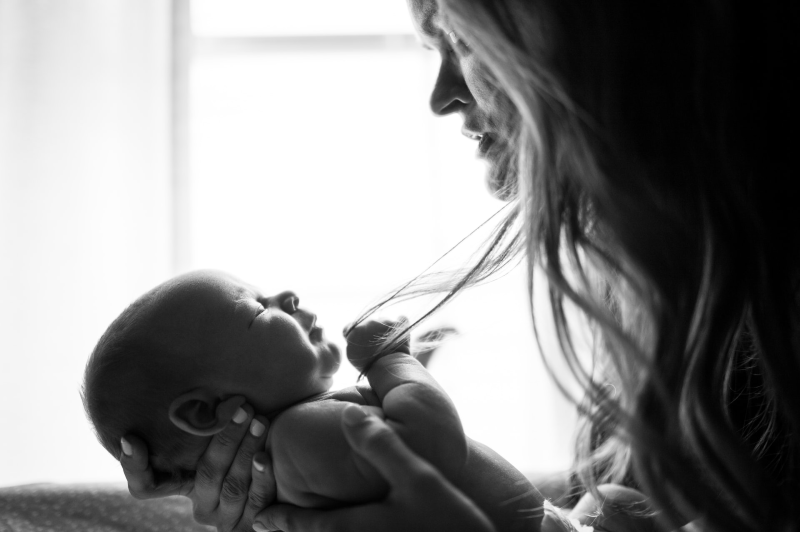
AUSTRALIA
- Sarah Klenbort
- 08 May 2020
15 Comments
This year we’ll be celebrating a different kind of Mother’s Day: there won’t be any fancy champaigne brunches with all the restaurants closed. Some of us in this COVID-19 crisis won’t even be able to visit our mothers. And many of us are out of work, too skint to buy flowers.
READ MORE 
-

ECONOMICS
- David James
- 29 April 2020
6 Comments
The COVID-19 pandemic is starting to ease, but the economic and financial fall out has just begun. It is not as if the world economy was in good shape before economic activity was slashed and entire industries were shut down. Those fault lines are only going to worsen, and the consequences might be very dark.
READ MORE 
-

ENVIRONMENT
- Cristy Clark
- 09 April 2020
9 Comments
Even during this period of disruption (and, indeed, even because of it) it is so important that we pay attention to the bigger picture. So much of what we do now will lay the groundwork for the kind of future that we are able to build at end of this crisis.
READ MORE 